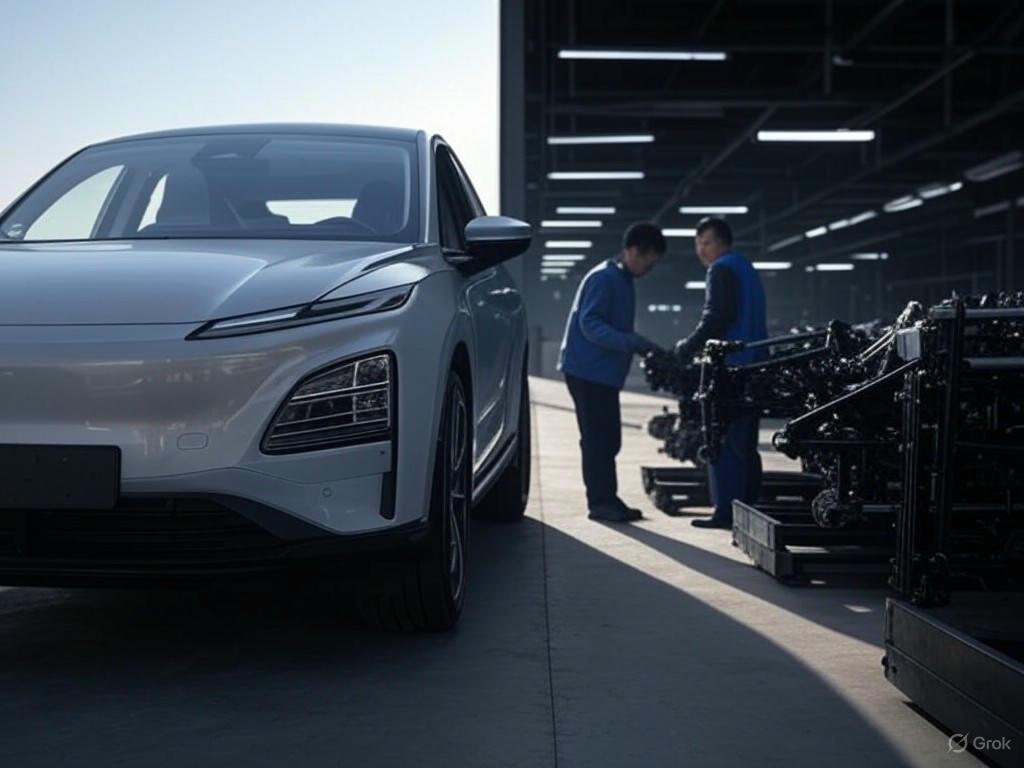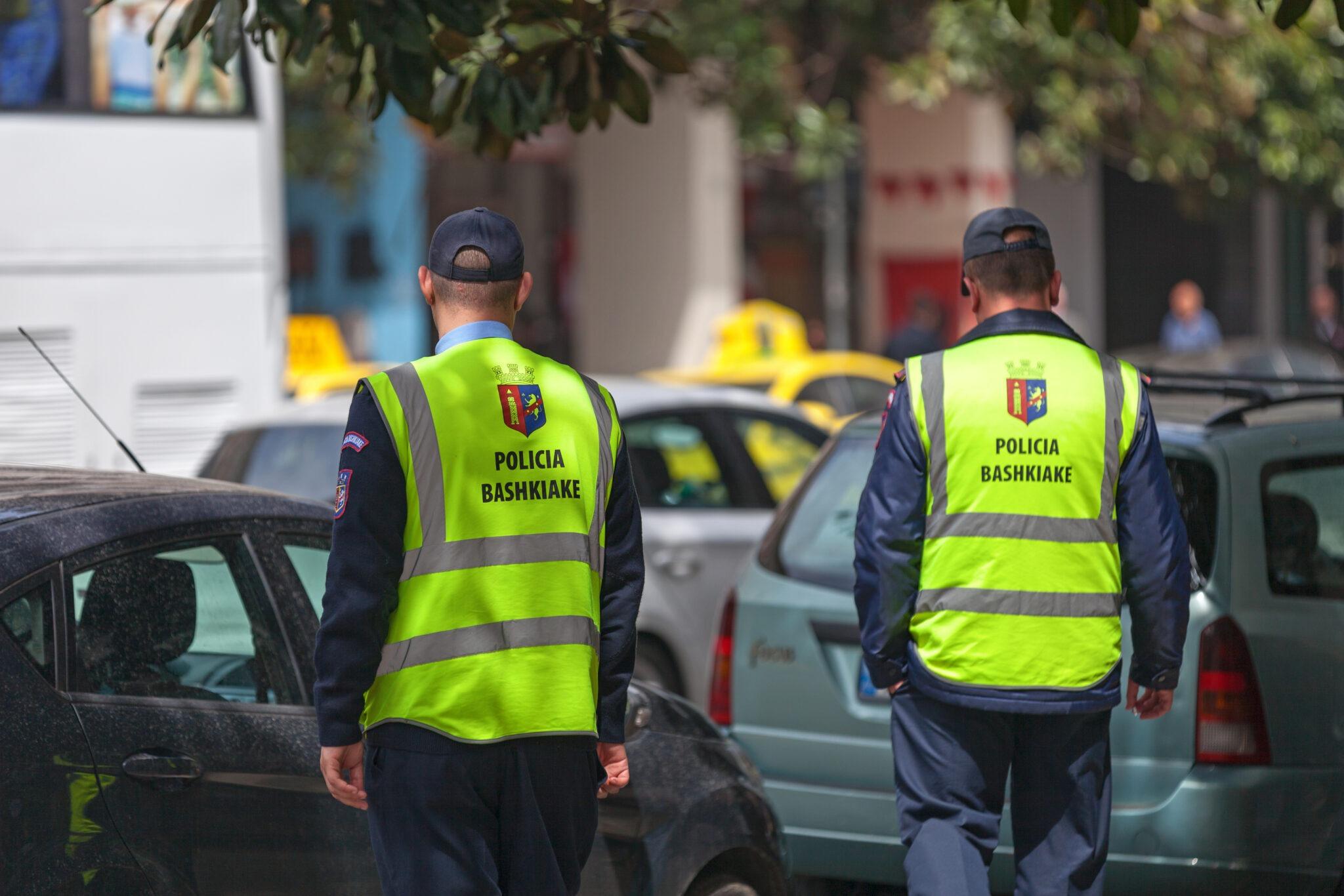The rise of electric vehicles (EVs) as an alternative to traditional combustion engines comes with its own complexities. One of the toughest challenges is to ensure the ethical sourcing of materials. Recent investigations reveal that forced labor involving Uyghur workers in China's Xinjiang region significantly impacts the global supply chain, including materials crucial for EV batteries [1]. This issue raises deep concerns about human rights and ethical manufacturing practices within the automotive industry.
Underneath the shiny exterior of electric vehicles lie complex supply chains. These chains stretch across continents, often intertwining with regions where forced labor is not just an issue but a geopolitical flashpoint. Cases have been unearthed in which Uyghur forced labor from Xinjiang factors into the production of critical materials used in EVs [1]. These materials include specific metals and minerals essential for battery production. A paradox emerges: while EVs aim to curb environmental harm, their production can inadvertently fuel human rights violations.
The intricate nature of forced labor's impact on EV supply chains doesn't stop at human rights concerns. It bears significant financial and reputational risks for manufacturers, especially in an era increasingly driven by corporate social responsibility. This article points out that international brands face dilemmas over complicity in such practices. The entanglement of forced labor in supply chains forces brands to reconsider where they source their materials, prompting reevaluations of trade relationships with Chinese suppliers.
In response, legislative bodies in various countries, such as the United States, have started tightening regulations around imports from regions linked to forced labor. Recently, two significant bills were reintroduced in the US Congress aiming to address these labor concerns directly [2]. The bills focus not only on the supply chain transparency but also include provisions targeting regions like the Democratic Republic of Congo, known for contentious mining practices which are often intertwined with the supply chains that fuel the EV industry.
The implications are clear: automotive giants need to act decisively. Ethical sourcing isn't merely a moral imperative; it's becoming a legal requirement. As scrutiny intensifies, EV manufacturers must embed ethical practices and transparency deep within their operations. It is a move aimed not only at compliance but also at maintaining consumer trust in a market that increasingly values both sustainability and ethical production.
References:
1. "Did coerced labour build your car?"
2. "Two Bills Targeting Forced Labor in Chinese Supply Chains Reintroduced in US Congress"







